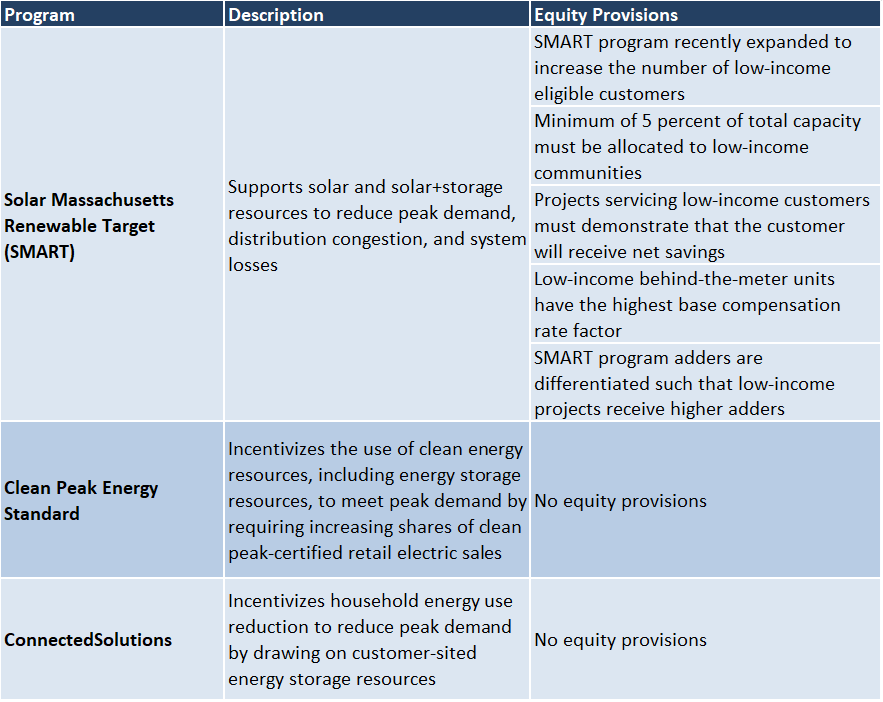Client: Just Transition Northwest Indiana (JTNWI)
Authors: Bryndis Woods, PhD, Deja Garraway, Lila McNamee, Sumera Patel, Elizabeth A. Stanton, PhD
December 2024
On behalf of Just Transition Northwest Indiana (JTNWI), AEC assessed the retirement of Michigan City Generating Station (MCGS)—a 93-year-old coal-fired power plant located on the southern shore of Lake Michigan in Michigan City, Indiana. AEC's report presents the environmental and community impacts of MCGS' retirement, outlines opportunities for just and equitable redevelopment of the MCGS site, presents eight related case studies of coal plant redevelopment efforts, and makes five recommendations for a just transition for Michigan City to ensure that the communities most impacted by MCGS’ operations benefit from redevelopment.




















